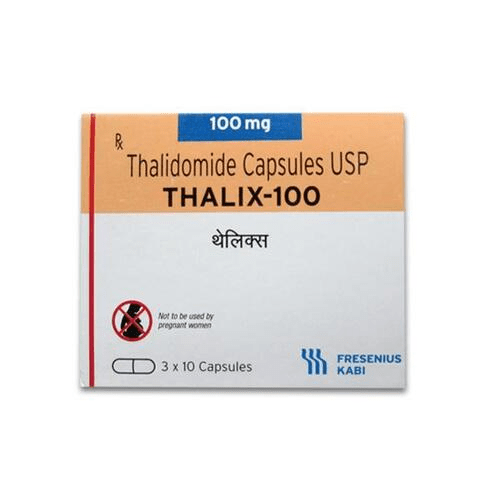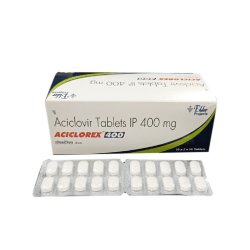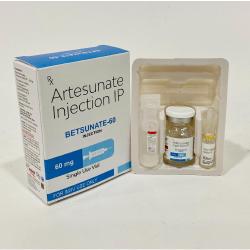Dosage and Side Effects
In multiple myeloma treatment, the suggested thalidomide dosage, along with dexamethasone, is 200 mg taken orally once daily in 28-day cycles. It’s recommended to take it at bedtime, with water, and at least an hour after dinner. The dexamethasone dose is 40 mg per day orally on days 1 to 4, 9 to 12, and 17 to 20, repeating every 28 days.
For erythema nodosum leprosum, the thalidomide dose for a skin episode ranges from 100 to 300 mg per day, taken once daily at bedtime, with water, at least an hour after eating. Start at the lower end of the dose range for patients under 50 kg.
Consider higher doses, possibly up to 400 mg/day, for severe cutaneous erythema nodosum leprosum reactions or for those who have previously required higher doses. Administer once daily at bedtime or in divided doses, with water, an hour after meals.
Commonly observed side effects of Thalidomide Capsules may include:
For multiple myeloma: fatigue, hypocalcemia, edema, sensory neuropathy, constipation, shortness of breath, muscle weakness, leukopenia, neutropenia, skin rash or peeling, confusion, loss of appetite, nausea, anxiety, weakness, tremor, fever, weight loss or gain, motor neuropathy, blood clotting issues, dizziness, and dry skin.
For erythema nodosum leprosum: drowsiness, rash, and headaches.
FAQ's
Can Thalidomide affect a person’s ability to perform tasks?
Yes, Thalidomide may cause drowsiness and dizziness. Patients should be cautious when performing tasks that require mental alertness, such as driving or operating machinery.
Are there any specific monitoring requirements while taking Thalidomide?
Patients are often monitored for signs of nerve issues, such as numbness or pain in the hands and feet, and regular blood tests are performed to check blood cell counts.
Can Thalidomide cause heart-related issues?
Yes, Thalidomide may lead to bradycardia (slow heart rate). Patients should be monitored for signs of slow heart rate or fainting.






